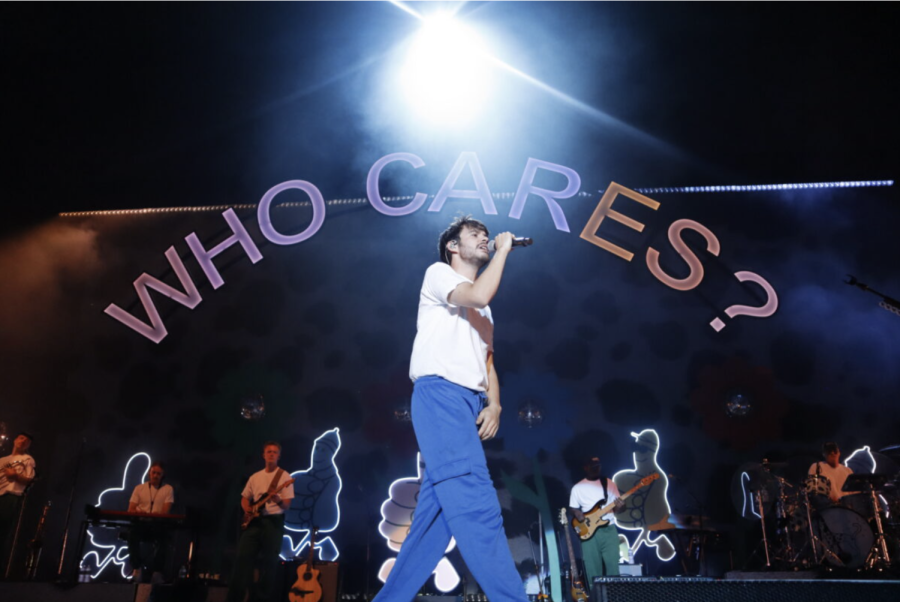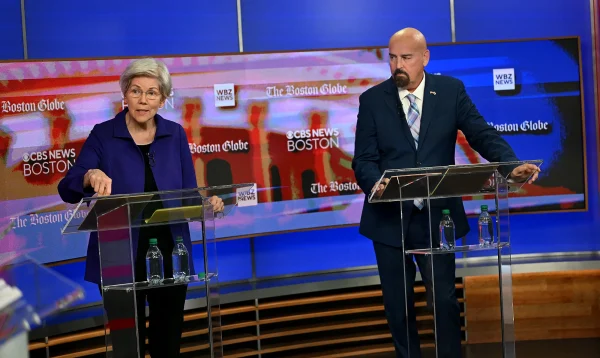Opinion: Should we separate the artist from the art?
Society has seen this cycle many times before. Whether it is movie stars, TikTok influencers, or beloved music artists, it seems to always happen the same.
November 17, 2022
Known for his upbeat lyrics and overall genuine personality, Rex Orange County rose to fame in 2017. Since then, he has been playing world tours, ranging from Boston to Paris, and has collaborated with other artists such as Tyler, The Creator. That preconceived notion of his personality shifted dramatically when he appeared in court in the first week of October to plead not guilty to six charges of sexual assault from June 2022.
According to allegations, he assaulted the woman on six different occasions in a span of two days, including once in a taxi and three times in his home.
The allegations caused floods of emotion on social media platforms. People from all over chimed in online to share their devastation.
A few weeks later, though, the flood of posts have since disappeared. There is no one crying for the woman in the taxi. No one is calling for a rise of action to stop listening to his music. But is this really a surprise?
Society has seen this cycle many times before. Whether it is movie stars, TikTok influencers, or beloved music artists, it seems to always happen the same. There is a large cry of outrage, calling for everyone to stop supporting them, and then all of a sudden, it is radio silent. They go out to watch the new movie they are in, buy their merchandise, and stream their new albums.
People struggle with following through with not supporting artists due to their actions. Take David Bowie, for example, who faced rape allegations in 1987. He was never indicted due to a “lack of evidence.”
In 2021, Emily Ratajkowski came forward in her book, “My Body,” in 2021, talking about how Robin Thicke, singer of “Blurred Lines,” allegedly grabbed her breasts while filming the music video for the aforementioned song. Thicke faced no consequences.
If these allegations were against someone in our personal lives—a friend, a professor, a coach—one can assume most people wouldn’t support them anymore. If one were to avidly stand by them, even if they have not been in court yet, it would be putting down the possible victims who came forward.
So why is it different when it is someone famous? Should we make excuses for someone just because they are talented?
For some, it is a matter of being able to completely separate the music from the artist. Simmons first year Ella Stamerra, a former fan of Rex Orange County, says, “Music isn’t all about the artist. Their music is only a small piece of them and not who the artist is as a whole.”
However, separating the music from the artist isn’t as simple as ignoring who is singing the song. On Spotify, some assume that since it is a streaming platform, artists make much less money than if they buy their physical music. In reality, artists get 70% of their revenues from streams.
Looking at “Loving is Easy,” one of Rex Orange County’s most streamed songs on Spotify with around 426 million streams, and using the Spotify Royalty calculator, he has made nearly 2 million dollars from that song. Assuming it continues to be streamed, more money will go to him, his producers, and his team. That is more money that allows him to promote his music more and become a figure to look up to for people who may not be aware of his history.
So, mourn for the lady in the taxi. Stop streaming “Loving is Easy” just because it’s easier than facing the reality of allegations against an artist you enjoy.









